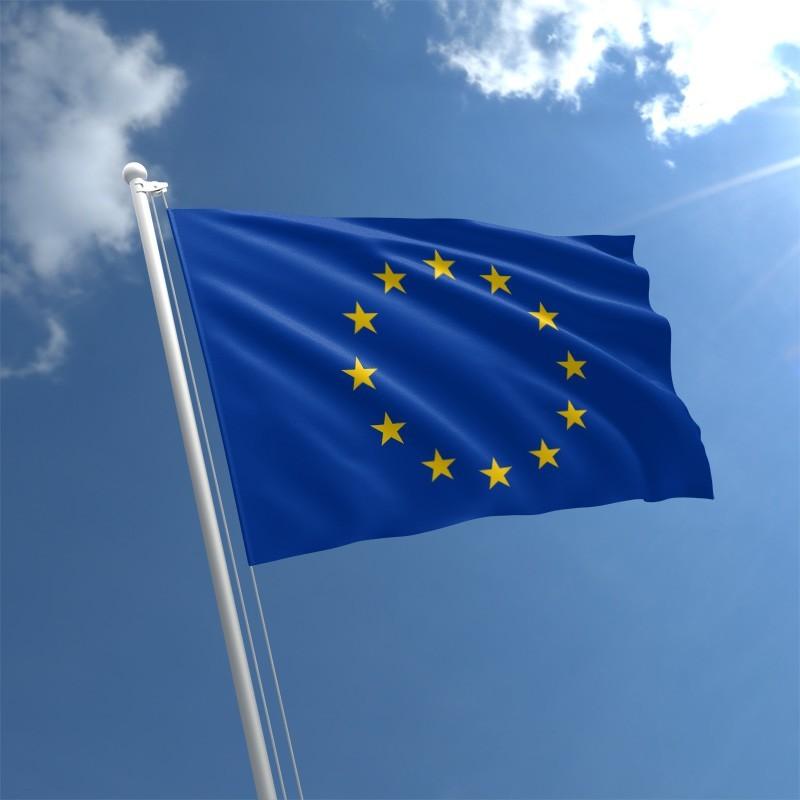Strict regulations on the use of farm chemicals are locking out fresh produce exporters in East Africa from the European Union (EU) market.
The European Union (EU), which is the leading importer of horticulture produce mainly from Kenya, has amended its policy on the maximum residue levels (MRLs) by lowering permissible limits in food produce.
This comes after the EU put Kenya back on the blacklist of countries using high levels of pesticides.
Due to risk assessment, the European Union lowered the MRLs for several pesticides allowed to produce entering its market mostly ones used in citrus fruits and bananas.
New MRL limits have been set at 0.01 milligrammes per kilogramme (mg/kg) against the international standard that of 2.0 mg/kg MRL level.
Beans and peas new requirements are awaiting approval before coming into effect in January.
With the new MRL limits, exporters and their EU importing agencies must pay $1,212 per consignment for inspection. Repeated failure to meet the set limits on toxin residue often result in licence cancellation.
This year, the Kenya Plant Health Inspectorate Service blocked three Kenyan firms from their electronic certification system barring them from exporting to the bloc.
Also Read: Why Africa’s smallholder growers can’t compete with European, American farmers
The EU has set different levels for each country with for instance after Uganda country failed to comply to EU warnings due to high case of interceptions of chillies with false codling moth, 50 per cent of chillies entering the bloc must be subjected to sampling.
“The EU is becoming strict and if you do not comply with set limits they increase the surveillance,” added Ojepati Okesegere, Fresh Producers Consortium of Kenya chief executive.
But while the East African nations have remained silent on the EU’s decision to lower the maximum residue levels, countries such as Côte d’Ivoire, Brazil, India, the US among others have protested and gone ahead to present a formal complaint to the World Trade Organisation.
In 2018, agricultural products in the extra-EU trade accounted for 7.0 % of the total extra EU-28 international trade in goods. This was less by 0.4 % in 2017.
EU’s data on trade in agricultural products is centred on two important EU policies: the Common Agricultural Policy (CAP) and the common trade policy, which manages trade relations with non-EU countries.
